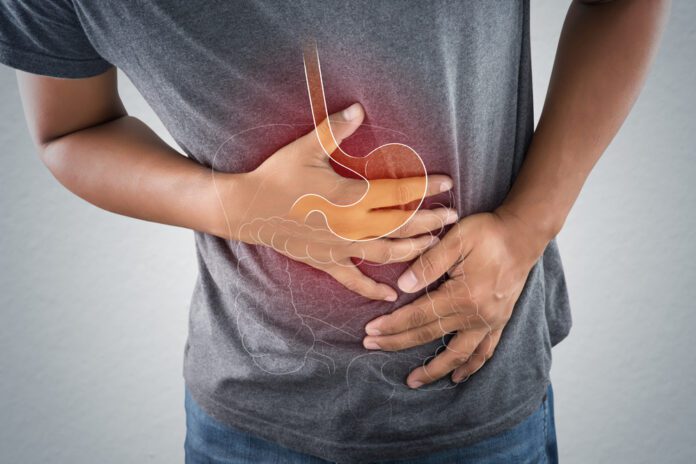Overview Of Short Bowel Syndrome
Short bowel syndrome is a problem that occurs when part of the small intestine is missing or has been removed during surgery. Nutrients are not properly absorbed into the body as a result.
Commonly Associated With
Small intestine insufficiency; Short gut syndrome; Necrotizing enterocolitis – short bowel
Causes Of Short Bowel Syndrome
The small intestine absorbs much of the nutrients found in the foods we eat. When two-thirds of the small intestine is missing, the body may not absorb enough food to stay healthy and maintain your weight.
Some infants are born missing parts or much of their small intestine.
More often, short bowel syndrome occurs because much of the small intestine is removed during surgery.
This type of surgery may be needed:
- After gunshots or other trauma damaged the intestines
- For someone with severe Crohn disease
- For infants, often born too early, when part of their intestines dies
- When blood flow to the small intestine is reduced due to blood clots or narrowed arteries
Symptoms Of Short Bowel Syndrome
Symptoms may include:
- Diarrhea
- Fatigue
- Pale, greasy stools
- Swelling (edema), especially of the legs
- Very foul-smelling stools
- Weight loss
- Dehydration
Exams & Tests
The following tests may be done to diagnose short bowel syndrome:
- Blood chemistry tests (such as albumin level)
- Complete blood count (CBC)
- Fecal fat test
- Small intestine x-ray
- Vitamin levels in the blood
Treatment Of Short Bowel Syndrome
Treatment is aimed at relieving symptoms and ensuring the body receives enough hydration and nutrients.
A high-calorie diet that supplies:
- Key vitamins and minerals, such as iron, folic acid, and vitamin B12
- Enough carbohydrates, proteins, and fats
- If needed, injections of some vitamins and minerals or special growth factors will be given.
- Medicines to slow down the normal movement of the intestine can be tried. This may allow food to remain in the intestine longer. Medicines to lower the amount of stomach acid may also be needed.
If the body is not able to absorb enough nutrients with short bowel syndrome, total parenteral nutrition (TPN) is tried. It will help you or your child get nutrition from a special formula through a vein in the body. Your health care provider will select the right amount of calories and TPN solution. Sometimes, you can also eat and drink while getting nutrition from TPN.
Small bowel transplantation is an option in some cases.



